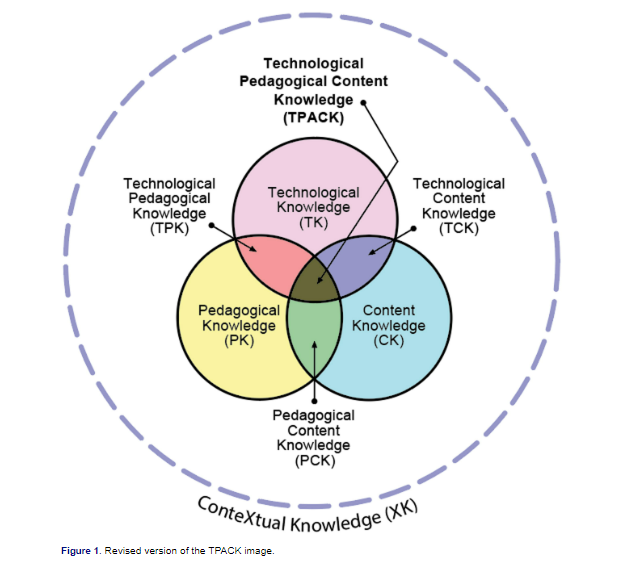This post will contain my inquiry e-folio entries for ETEC 533. I am a generalist teaching Year 4 (Grade 3) students at an international school. George Bernard Shaw, the great English writer once said, “He who can, does. He who cannot, teaches” (cited in Shulman, 1986, p. 4). I see this as a strength because it means that a teacher understands the misconceptions their students have because they themselves have had to overcome these misconceptions so they have a deeper understanding of the concepts and they can use their own learning experiences to predict where their students may struggle.
Chunk 1
But can a solid science and maths curriculum be built solely on a teacher’s own learning experiences? Shulman (1986) addresses this with the following proposal:
“How might we think about the knowledge that grows in the minds of teachers, with special emphasis on content? I suggest we distinguish among three categories of content knowledge: (a) subject matter content knowledge, (b) pedagogical content knowledge, and (c) curricular knowledge” (p. 9).
This is my first time distinguishing between the different types of knowledge I have. When I apply for teaching positions, my curricular knowledge is often prioritized first, it is what lets me into the door for a job interview. Displaying my pedagogical content knowledge happens within the interview, but the focus is usually on the presentation of content knowledge rather “than reorganizing the understanding of learners” (Shulman, 1986, p. 10). How am I arranging and developing my own knowledge to strengthen and adjust my students’ science and mathematics foundations?
Chunk 2
How can I make my students’ learning visible for planning and assessment purposes? Mishra (2019) states that contextual knowledge is necessary for a teacher to successfully integrate technology into the classroom. What is contextual knowledge?
Mishra (2019) explains that contextual knowledge “highlights the organizational and situational constraints that teachers work within. The success of their efforts depends not as much on their knowledge of T, P, C and its overlaps, but rather on their knowledge of the context. This allows us to go beyond seeing teachers as designers of curriculum within their classrooms but rather as intrapreneurs—knowing how their organization functions, and how levers of power and influence can effect sustainable change. This is XK—Contextual Knowledge (p. 2)”.
From Mishra, P. (2019). Considering contextual knowledge: The TPACK diagram gets an upgrade. Journal of Digital Learning in Teacher Education, 35(2), 76-78.
Reading Mishra’s definition reminds me of the phrase, “keep it real” which was often stated by my co-hort during my time as a BEd student. But everyone’s context is different, and my own context will vary from school year to school year since I do not usually stay at a school for more than three years. I agree with Mishra that the teachers who understand contextual knowledge are best able to swim with the current to reach knowledge goals, but this is insider knowledge that can only be accessed if my TPACK is solid. Schools won’t hire me if I don’t have TPACK, so my e-folio will look for the areas TPACK overlap. If I can find how they work together, I can learn to make TPACK function within whatever context I am in.
Click on the links to access different e-folio posts:
(Copy) Definition of Technology
(Copy) Embodied Learning Discussion Post
(Copy) Too real for the classroom? – Role playing in mathematics and science
(Copy) The Steroids of the Classroom: VFTs and AR
(Copy) Colouring in the Spaces of Diffusion: Modified T-GEM Cycle
References
Mishra, P. (2019). Considering contextual knowledge: The TPACK diagram gets an upgrade. Journal of Digital Learning in Teacher Education, 35(2), 76-78.
Shulman, L.S. (1986). Those who understand: Knowledge growth in teaching. Educational Researcher, 15(2), 4-14.
